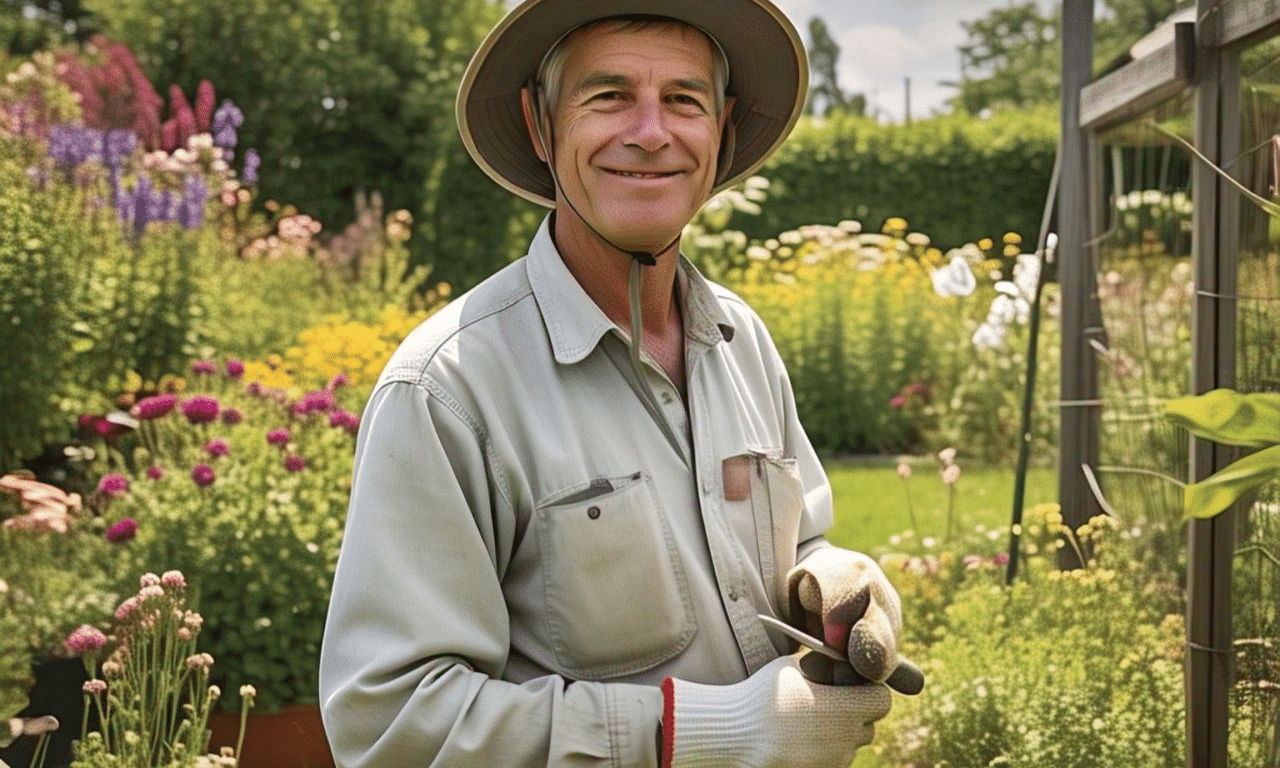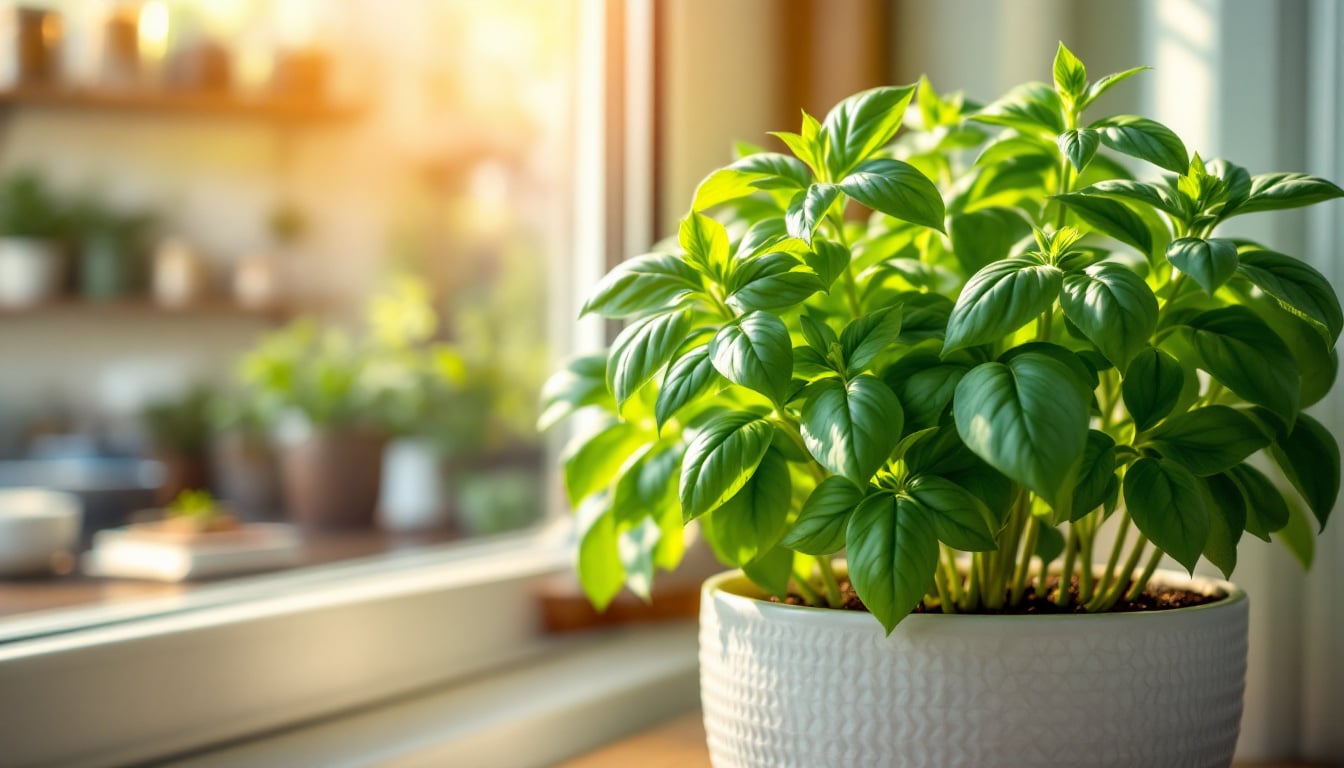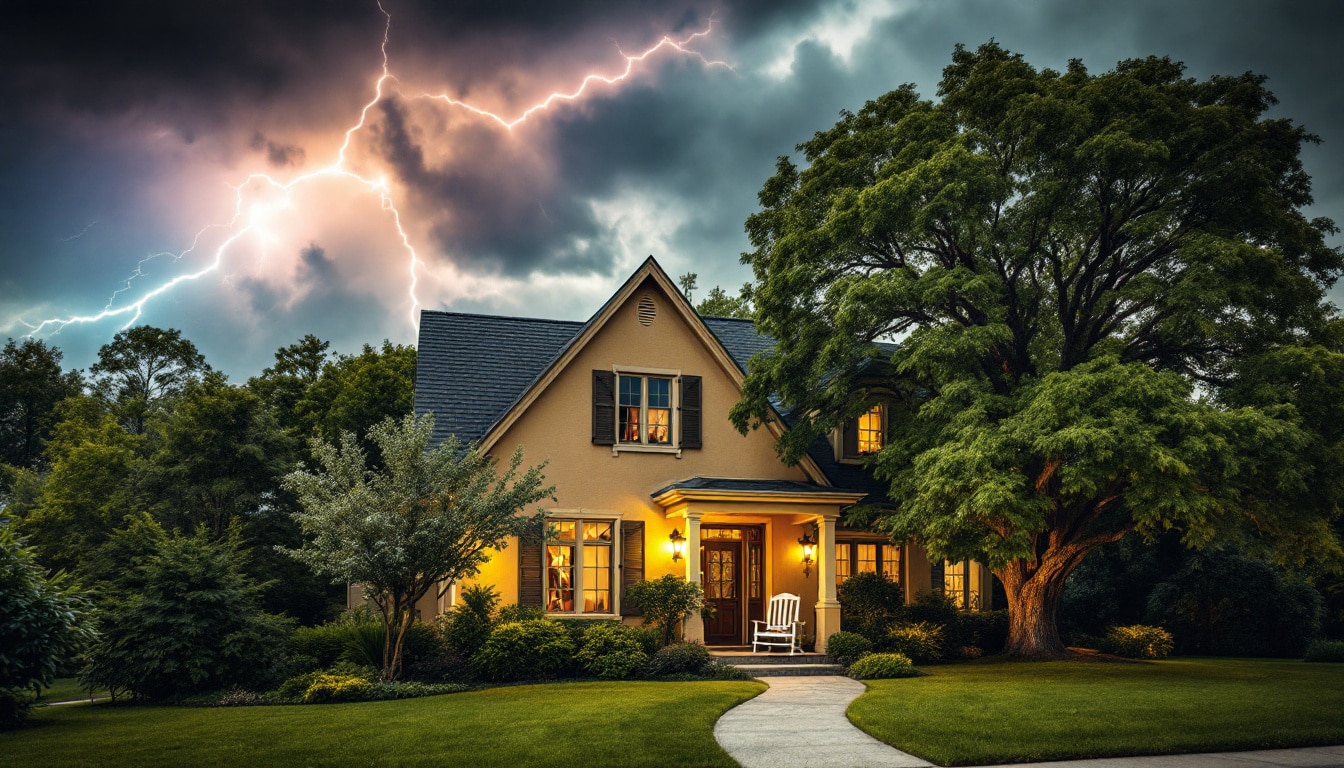For gardeners, the relentless battle against weeds can feel like an unending struggle, as these unwelcome invaders compete for vital resources and threaten the health of beloved plants. However, a revolutionary technique known as mulching offers a powerful weapon in this fight, not only suppressing weeds but also nourishing the soil for vibrant plant growth. By carefully selecting the right type of mulch and following best practices for application and maintenance, garden enthusiasts can create a flourishing oasis free from the frustration of persistent weeds. With an emphasis on sustainability and eco-friendly choices, embracing mulching is not just a gardening tip—it’s a pathway to a thriving garden ecosystem.
Highlights of Effective Weed Management
- 🌱 Understanding Weeds: Explore how these uninvited guests can disrupt your garden’s harmony, stealing vital resources from your cherished plants.
- 🛡️ The Power of Mulching: Discover how this simple yet transformative method not only combats weeds but also enriches your soil for healthier plant growth.
- 🔬 Science at Work: Delve into the mechanisms behind mulching, including its ability to block sunlight and retain moisture, creating an unfriendly environment for weeds.
- 🎨 Choosing the Perfect Mulch: Learn about the variety of mulch options available, ensuring you select one that suits both your aesthetic desires and the needs of your garden.
- 🛠️ Applying Mulch Effectively: Follow our step-by-step guide to ensure you achieve optimal results and long-lasting weed suppression in your garden.
- 🔄 Ongoing Maintenance: Keep your garden in top shape with best practices for monitoring and refreshing your mulch layer as needed.
- 🤝 Combining Techniques: Understand how integrating other weed management methods can enhance the effectiveness of mulching, paving the way for a thriving garden ecosystem.
- 🌍 Eco-Friendly Practices: Embrace sustainable gardening by choosing organic mulches that benefit both your plants and the environment, all while avoiding harmful chemicals.
- 🌼 Embrace Gardening Freedom: Find out how embracing mulching can free you from the constant battle against weeds, allowing you to enjoy a flourishing outdoor space.
Did you know that mulching can reduce water evaporation from the soil by up to 70%? This not only helps in conserving water but also supports healthier plant growth!
The Weeding Challenge: Understanding the Problem
Weeds are often the bane of any gardener’s existence, sprouting up seemingly overnight and competing with your precious plants for nutrients, water, and sunlight. These unwanted intruders not only mar the aesthetic appeal of your garden but can also hinder the growth of vegetables, flowers, and shrubs. The struggle against weeds is as old as gardening itself, leading many to seek solutions that not only eliminate these pesky plants but also promote a thriving environment for desired flora.
A Revolutionary Approach: The Mulching Method
One of the most effective and straightforward techniques to combat weeds while enhancing the health of your garden is mulching. This method involves covering the soil with a layer of organic or inorganic material that suppresses weed growth and retains moisture. Organic mulches like bark chips, straw, or shredded leaves enrich the soil as they decompose, creating a fertile environment that fosters plant growth. In contrast, inorganic options such as gravel or landscape fabric provide long-lasting coverage without breaking down over time.
Enhance your hydrangea blooms by burying this simple item in the soil
How Mulch Works: The Science Behind It
The effectiveness of mulching lies in its multifaceted approach to weed management. First and foremost, it blocks sunlight from reaching weed seeds lying dormant in the soil, preventing germination. Additionally, by retaining moisture in the soil beneath, mulch creates an inhospitable environment for many weed species that thrive in dry conditions. Furthermore, organic mulches offer nutrients as they break down; this dual benefit of weed suppression and soil enrichment makes mulching a win-win solution for any gardener.
Selecting the Right Mulch: Options Galore
When choosing mulch for your garden, it’s essential to consider both aesthetic appeal and functionality. Organic mulches such as straw or wood chips can be particularly beneficial around vegetable gardens due to their natural properties. They not only enhance the garden’s appearance but also improve soil structure over time. For ornamental gardens or flower beds, coloured gravel or decorative stones may provide a chic look while still serving their purpose of weed prevention. Ultimately, the choice depends on your gardening style and specific needs.
The Application Process: A Step-by-Step Guide
Applying mulch is a straightforward process that can yield significant results. Start by clearing the area of existing weeds—this is crucial to ensure that you aren’t just covering up a problem. Next, prepare the soil by loosening it slightly to improve aeration. Once cleared and prepared, spread your chosen mulch evenly across the surface; a depth of around 5-10 cm is typically recommended for optimal weed suppression. Remember to maintain some space around plant stems to avoid rot and encourage healthy growth.
Maintaining Your Mulched Garden: Best Practices
While mulching significantly reduces the need for regular weeding, it’s important to monitor your garden regularly for any rogue weeds that may find their way through the mulch layer. Additionally, keep an eye on the thickness of your mulch; as it decomposes or gets compacted over time, you may need to refresh it annually or biannually to retain its effectiveness. Regularly replenishing your mulch not only keeps your garden neat but also ensures ongoing benefits for your plants.
While mulching is an incredibly effective way to tackle weeds, combining it with other strategies can further enhance its efficacy. Consider incorporating companion planting—a technique where you grow certain plants together to naturally repel pests and reduce competition from weeds. Hand-pulling stubborn weeds before they set seed can also be an effective complementary practice alongside mulching.
As concerns about environmental sustainability grow ever more pressing among gardeners and homeowners alike, opting for organic mulches presents an eco-friendly solution to weed management. Not only do these materials recycle waste (such as leaves and grass clippings), but they also contribute positively to soil health without relying on chemical herbicides that can harm beneficial organisms in your garden ecosystem.
Your Garden Awaits: Embrace Weeding Freedom
By adopting this simple yet highly effective trick involving mulching, gardeners can say goodbye to persistent weeds while simultaneously nurturing their beloved plants into vibrant life. Embracing this technique allows for greater enjoyment of gardening activities without the ongoing frustration caused by invasive weeds—truly making it an invaluable strategy for any green-fingered enthusiast eager to cultivate a flourishing outdoor space.
FAQ: Your Mulching Queries Answered
1. How often should I apply mulch in my garden?
It’s advisable to refresh your mulch at least once a year, or biannually if it becomes compacted or decomposes quickly. Keeping an eye on its thickness will help maintain optimal weed suppression and soil health.
2. Can I use any type of mulch for vegetables?
While many types of mulch are suitable, organic options like straw or wood chips are particularly beneficial for vegetable gardens, as they enrich the soil while suppressing weeds without introducing harmful chemicals.
3. Is mulching effective against all types of weeds?
Mulching is highly effective against many common weed species, especially those that require sunlight to germinate. However, persistent perennial weeds may still require additional management strategies alongside mulching.
4. How thick should my layer of mulch be?
A depth of around 5-10 cm is recommended for optimal weed suppression. Ensure you leave space around plant stems to prevent rot and promote healthy growth.
Unlock the Secrets to a Flourishing Garden
By embracing the **power** of mulching, you can transform your garden into a thriving oasis free from the clutches of unwanted weeds. This **innovative** approach not only enhances your plants’ growth but also fills your gardening experience with joy rather than frustration. Ready to take your gardening skills to the next level? Stay tuned for more insightful articles that will help you cultivate your green thumb!





